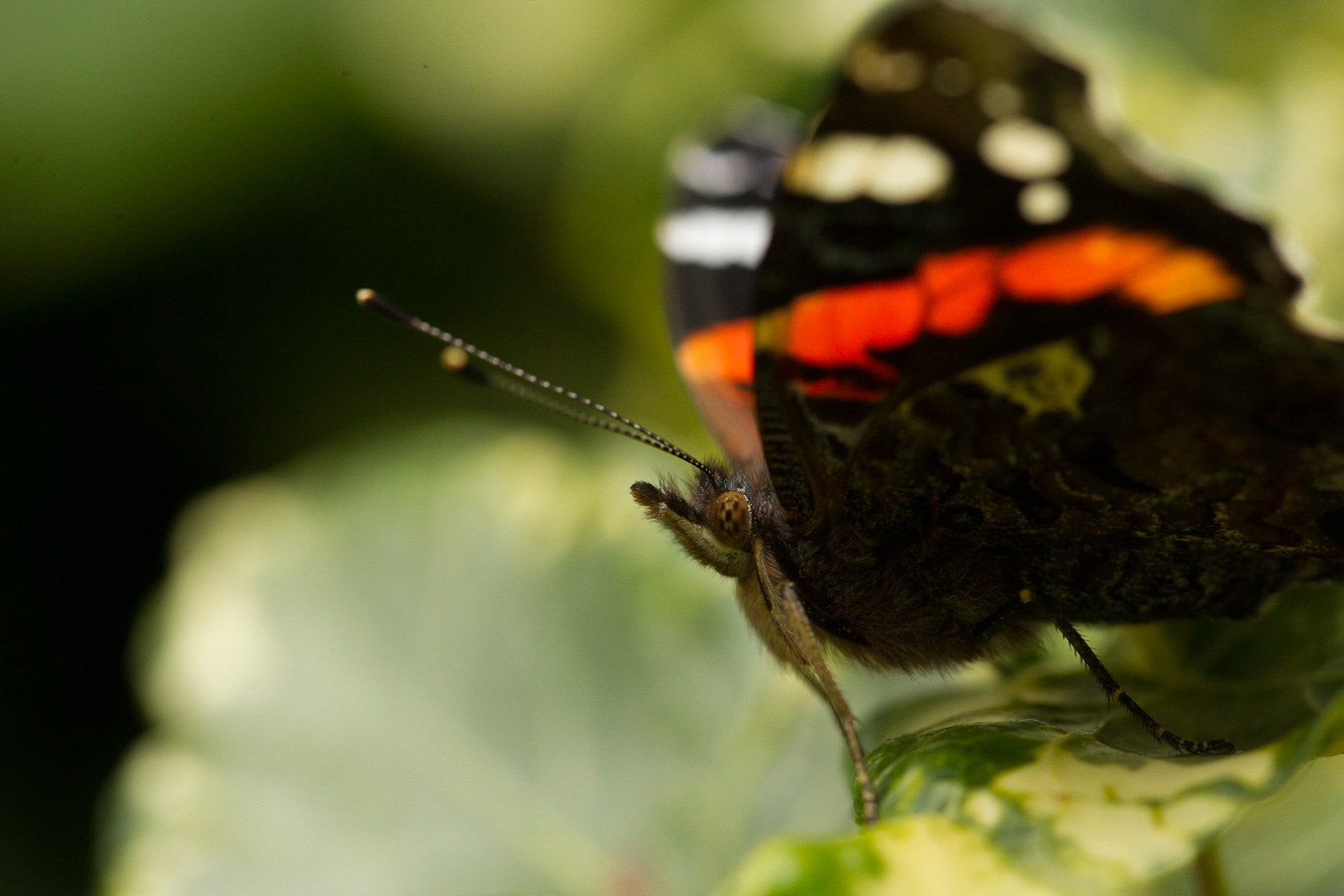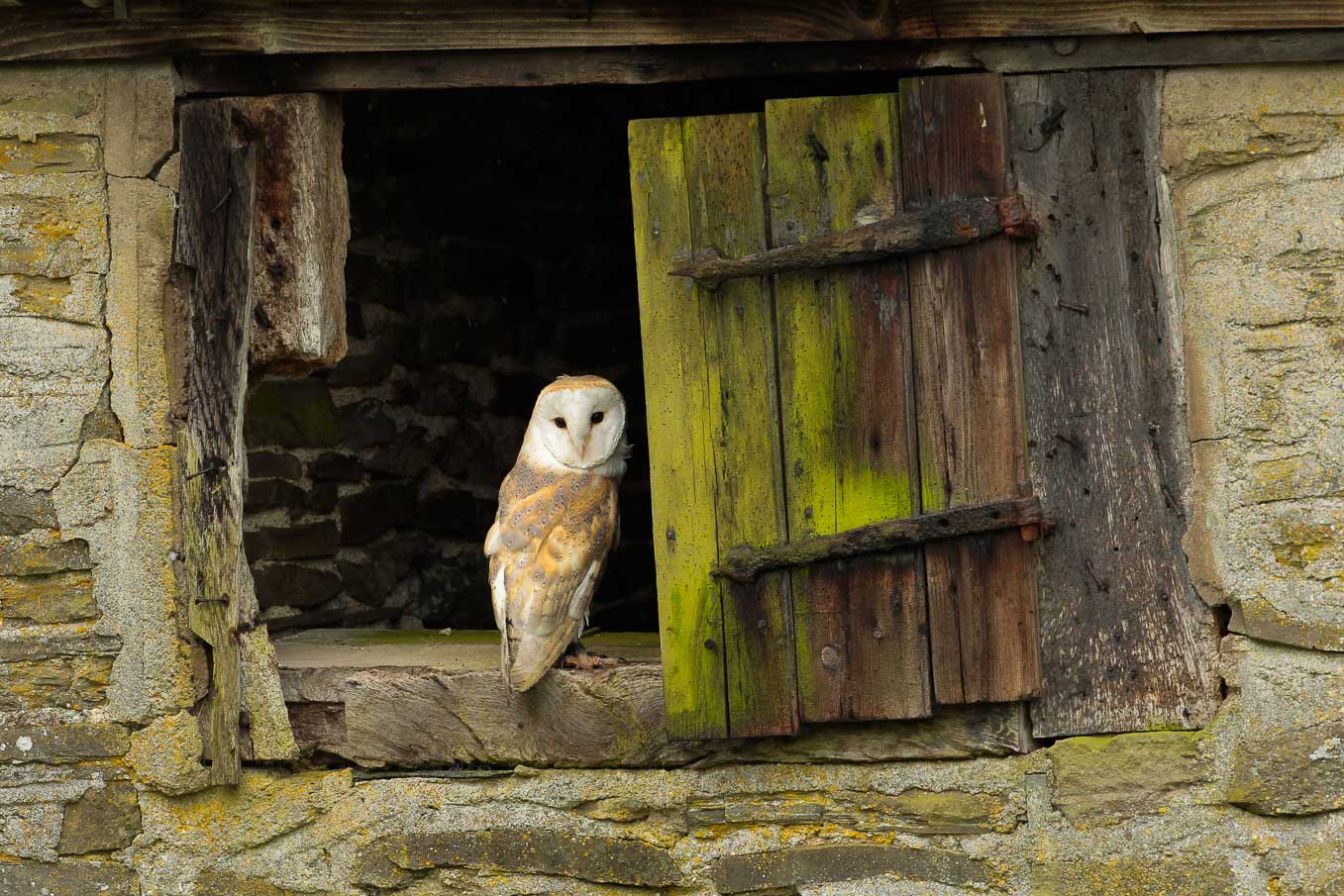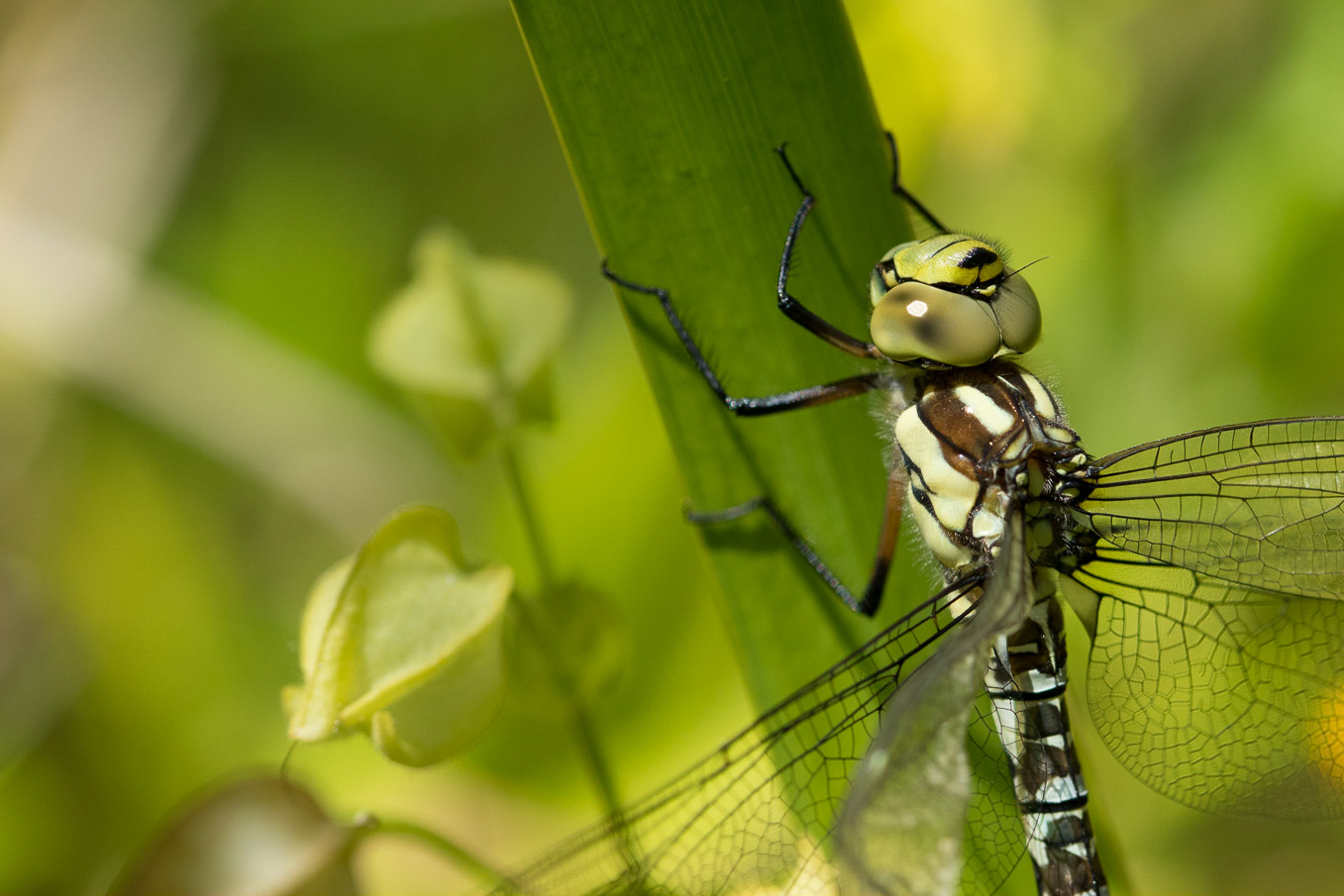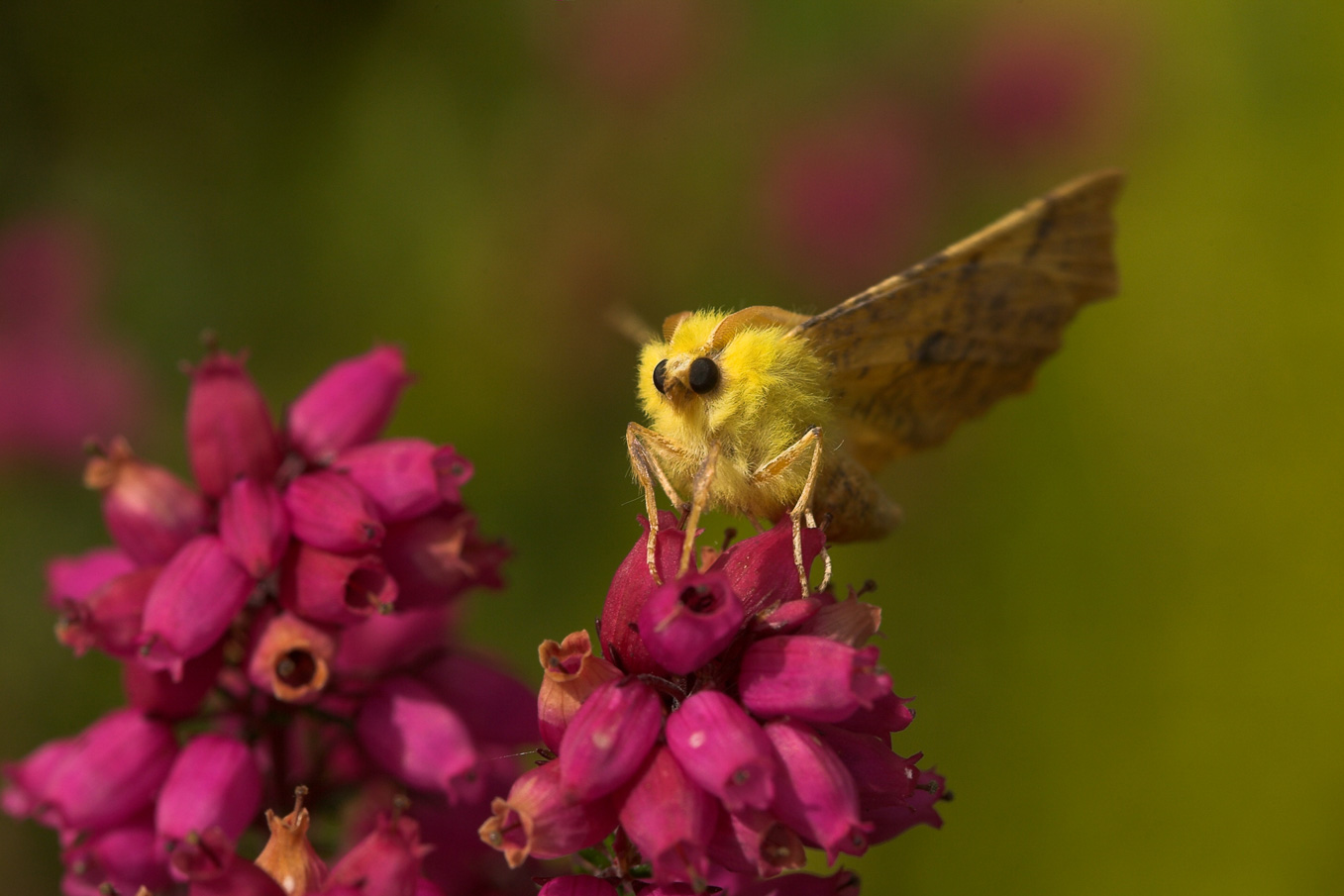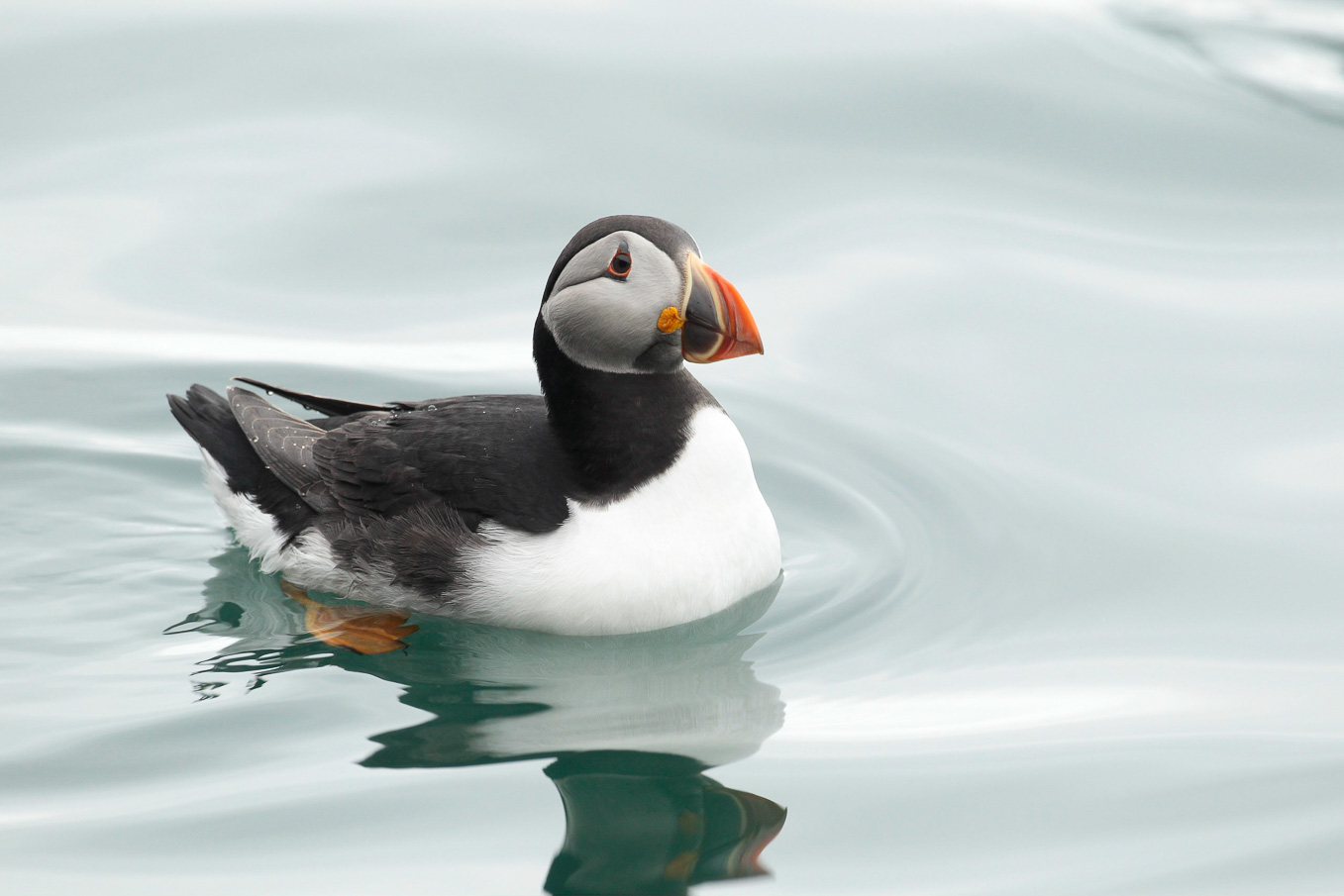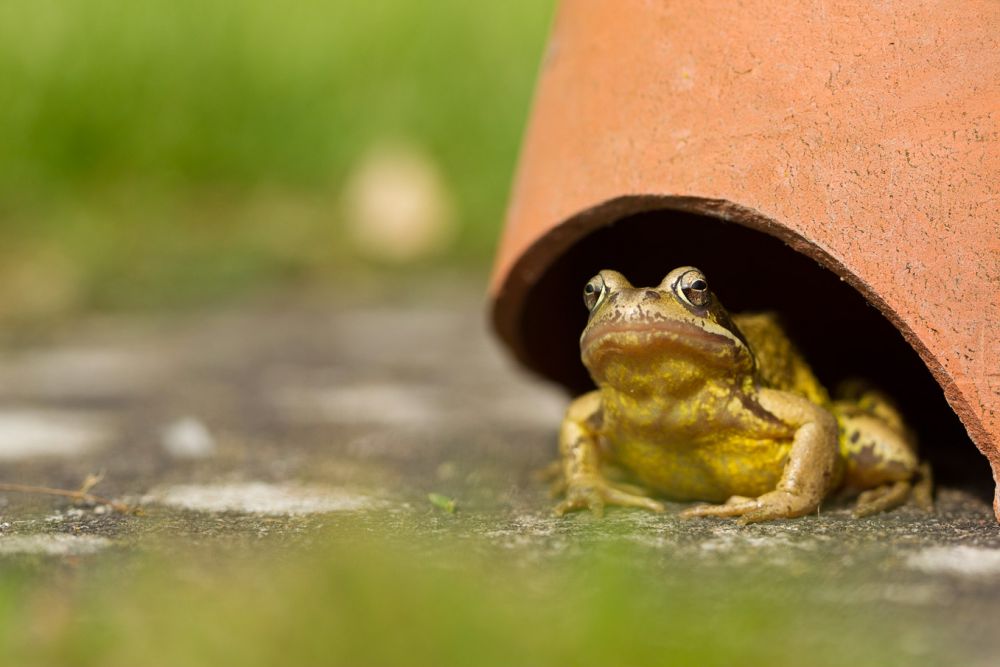
Top ten wildlife ideas to avoid coronavirus isolation fatigue
At this time of writing most of us are stuck at home but here are some great ways to stay connected to Nature and the Countryside whilst confined.
1. Go on a back garden safari
Do you really know what's in your garden? Whilst you can't get to the moorlands, sea cliffs or woodlands this is a great time to fully appreciate what is there on our doorsteps. Get out into the garden and start to record what you find, from the birds visiting the feeders to the diminutive wildflowers that are sneaking through the cracks in the paving. The longer you go at it the harder it will be to find new stuff but all the more rewarding. If you are struggling with ID then there are loads of great resources online such as iSpot. And start a list because lets face it who doesn't love a list!
Top tip: Rather than trying to do a complete audit before lunchtime try listing 20 new species each day and see how long you can keep it up.
2. Get up for the dawn chorus
It can be hard to be motivated to get up at the moment but weeks in spring and early summer are the finest for the dawn chorus. Resident birds such as robins and blackbirds will be joined by returning warblers such as blackcaps and chiff-chaffs. Normally shy species such as wrens and song thrushes will be some of the loudest songsters and by early May all the orchestra will be in place for the best concert nature can offer.
So set that alarm, brew a coffee and step outside (or at least open the window), you will be glad you did and breakfast will taste all the better!
3. Become an expert
Ever been envious of those people who are real leaders in their field? Well nows the time to join them and become an expert in your own right! Wildlife is so diverse that it offers endless opportunities to really zone in on a species or element of nature. With all this time we suddenly have and the resources of the amazing world wide web at our finger tips there's nothing stopping you learning all that there is to know on the life cycle of British Bee Flies, the migration routes of Scottish Ospreys or how to identify mammal poo. OK so you're not going to be a world leader overnight but pick something that you find interesting and look forward to amazing your friends in the future!
4. Watch puffins, barn owls, badgers and more!
Webcams are now widespread and varied and an incredible way to connect with nature whilst stuck at home. The wildlifetrusts have even conveniently collected all the links to theirs in one place too! And for the beautifully presented and with the element of surprise how about the garden cameras from the amazing wildlifekate. With Eastenders cancelled and no Corrie now is the time to watch natures soap operas!
5. Build a nature reserve (behind your house!)
This one is obviously better for those of us lucky enough to have access to a garden but if you only have a balcony or window box there are still things you can do. Spring is the time when the days are drawing out and the warmer weather means wildlife is looking for a haven to breed and thrive..make your garden that place!
Wildlife gardening is such a great way to give something back and there is always more we can do to improve our plot and draw more species in. These top 9 tips from the national trust are a great place to start. And if you haven't got all that you need don't forget that many suppliers of seeds, nest boxes and pond liners are still open for online business!
6. Join a wildlife group
Many of us will be missing the chit chat and social element of being at your local nature reserve. Or it may be that all the meetings of your wildlife or gardening clubs have been cancelled. Fear not, people are still all out there and through the wonders of internet forums you can still connect with like minded folk. Facebook is full of groups of wildlife enthusiasts and now more than ever those groups are a hive of images, chats, questions and answers...get stuck in and make new online friends, share what you are up to and people will throw encouragement and advice back.
7. Raid the bookcase


If you are like me you have a load of wildlife books that have been sitting around which you have been 'meaning to read'. Well as a break from screens (which inevitably are more part of our life at the moment) take the opportunity to find a comfy spot and get stuck in. I have been half way through the brilliant Wilding by Isabella Tree for a couple of months now and have few excuses not to open it again. Other great books I have enjoyed recently include the challenging Feral by George Monbiot and the intriguing Fingers in the Sparkle Jar by the wonderful Chris Packham. If you have some good suggestions pleased share them in the comments below.
top ten books for the nature enthusiast
8. Build a live moth trap
Warm summer evenings are wonderful for attracting nightlife into the garden and running a moth trap can be a great wildlife experience. Many great traps are available online and will provide best results but it is possible to create moth traps from what you have access to. Check out this great guide at the BBC for a DIY approach, do me a favour though and if you want to try the bathroom technique do check with others in your house first!! When you have caught your moths butterfly conservation is great place to start to ID them whether over a beer in the evening or a coffee in the morning!
9. Revisit past classics
Remember the lucky iguana hatchling that narrowly escaped the snakes on Planet Earth 2 or the killer whales beaching themselves to catch sea lions on the Trials of Life? There is a long list of amazing wildlife documentaries that are well worth revisiting. Most scenes are available on youtube but the more recent David Attenborough Classics are on Netflix too so you can once again luxuriate in the wonder of planet earth brought to life by the experts at the BBC Natural History Unit. Leave your favourites in the comments section below.
10. Plan for the future
Whether confined for a few days, weeks or months there will be the time in the future when we can all get out and start to explore the wonderful wild world again. So rather than feel sorry for yourself now, start to make amazing plans for some of the best trips possible. Make a wildlife bucket list and start researching times, travel, accommodation and all those other details to make the trip a success. Put dates in the diary for watching red deer stags roaring, grey seals breeding or think a year or more ahead and plan to do that puffin trip you always wanted to do! Personally I have always wanted to go to the Orkney Islands and maybe in 2021 I will!
how and where to see puffins in the UK
Please share below in the comments what other great ideas you have for connecting with nature when homebound...we want to hear them!
